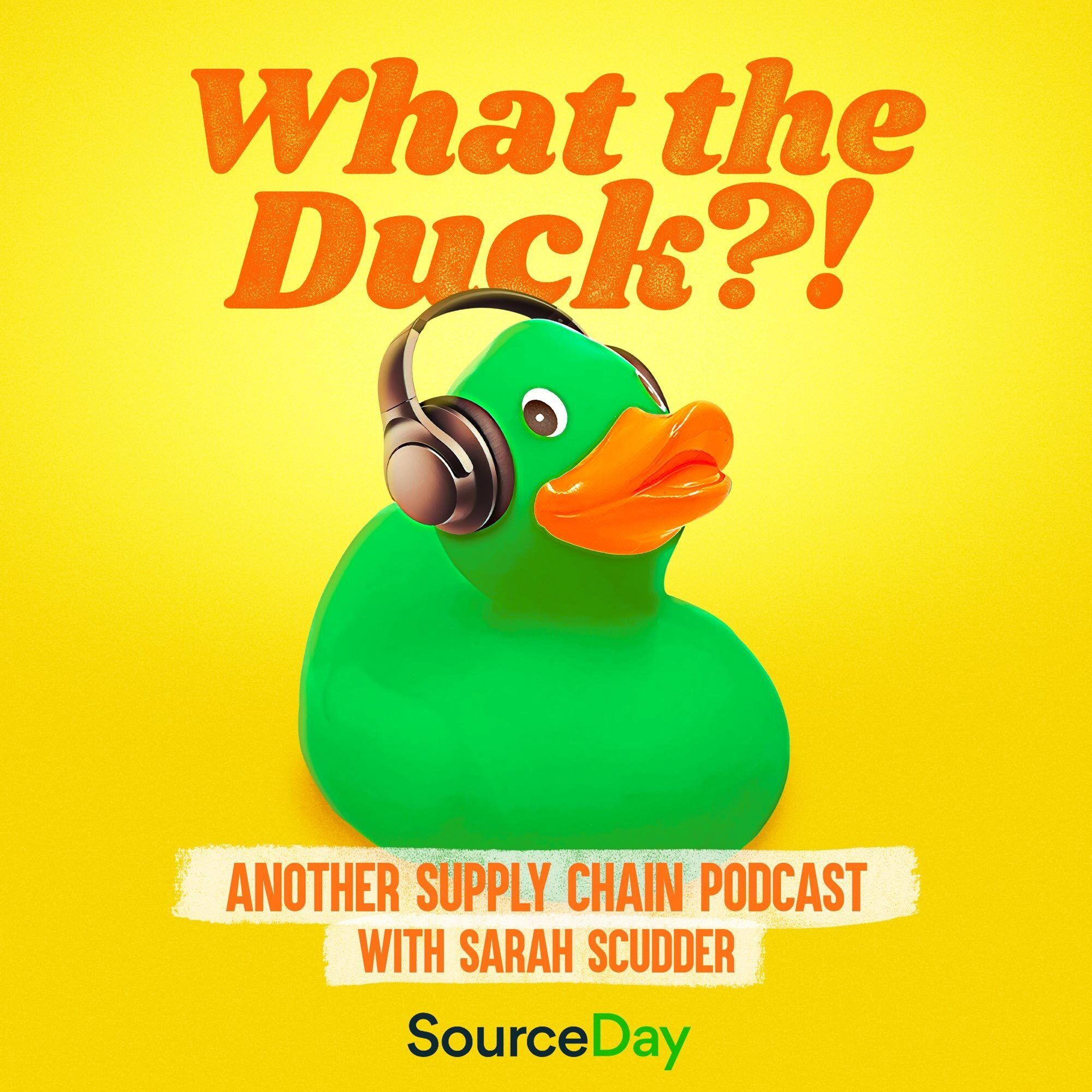- After-Shows
- Alternative
- Animals
- Animation
- Arts
- Astronomy
- Automotive
- Aviation
- Baseball
- Basketball
- Beauty
- Books
- Buddhism
- Business
- Careers
- Chemistry
- Christianity
- Climate
- Comedy
- Commentary
- Courses
- Crafts
- Cricket
- Cryptocurrency
- Culture
- Daily
- Design
- Documentary
- Drama
- Earth
- Education
- Entertainment
- Entrepreneurship
- Family
- Fantasy
- Fashion
- Fiction
- Film
- Fitness
- Food
- Football
- Games
- Garden
- Golf
- Government
- Health
- Hinduism
- History
- Hobbies
- Hockey
- Home
- How-To
- Improv
- Interviews
- Investing
- Islam
- Journals
- Judaism
- Kids
- Language
- Learning
- Leisure
- Life
- Management
- Manga
- Marketing
- Mathematics
- Medicine
- Mental
- Music
- Natural
- Nature
- News
- Non-Profit
- Nutrition
- Parenting
- Performing
- Personal
- Pets
- Philosophy
- Physics
- Places
- Politics
- Relationships
- Religion
- Reviews
- Role-Playing
- Rugby
- Running
- Science
- Self-Improvement
- Sexuality
- Soccer
- Social
- Society
- Spirituality
- Sports
- Stand-Up
- Stories
- Swimming
- TV
- Tabletop
- Technology
- Tennis
- Travel
- True Crime
- Episode-Games
- Visual
- Volleyball
- Weather
- Wilderness
- Wrestling
- Other
QUACKING THE CODE: Unraveling Supplier Development Strategies with Dr. Muddassir Ahmed
Special guest, Dr. Muddassir Ahmed joins host, Sarah Scudder, today on What the Duck?! Together, they explore the intricacies of determining the most effective supplier development strategy for manufacturers who are struggling to establish strong relationships with their suppliers. Dr. Ahmed brings a wealth of experience, having spent 17 years in the manufacturing industry, serving as a divisional supply chain leader for prominent companies like Eaton and Bridgestone. Tune in as they unravel the complexities of supplier development strategies, share valuable insights from Dr. Ahmed’s expertise, and provide practical solutions to enhance direct materials supply chain management.SHOW HIGHLIGHTSStructured Framework Around Six Sigma Direct Materials Challenges at Eaton Tips for Best Managing Suppliers Reducing Lead TimesStarting SCMDOJOThe Muddassarism Blog MOMENTS TO DUCK AROUNDMUDDASSIR: Starting a Foundation for Supplier Relationship Management“Who are your, you know, steady suppliers? Who are your retained suppliers? Who are your replacement suppliers? So clearly, it's not into the benefit of a buyer or, you know, firefighting organization who doesn't have a lot of resources is to find a time for the, you know, even forget the replacement suppliers, even the retained suppliers. You know, it's not a good idea, which is some resources. However, it's a good start to build your relationship with your steady suppliers and really get them on board as your partner. You know, saying, "You know what, we work with you, we like you, we like your product, we want to grow, we need your help. How can you help us?" And if you ask, I don't know, 10-12 suppliers, I can tell you this, two of them will show you some generosity. And I think you should take advantage of those generosity, right? It's all about asking the question somehow, not just always, you know, have a classical approach of, you know, "I'm the buyer, I am right, you listen to me." I don't think it works in this modern day and age. This modern day and age is all about partnership.” MUDDASSIR: Buyers Vs. Operational Buyers“An operational buyer is someone who sends a purchase order. Of course, you are a buyer, right? But if you think about the strict roles of the category and commodity managers, they think their role is strategic and commercial. They do not want to get involved in the day-to-day operations of the supplier, such as late deliveries or quality issues, and so on and so forth, which I think is a wrong mindset. Again, I'm just sharing my experience. It may not be true for certain companies, I don't know. Just sharing my experience. And for a classic example of that is, if you ask any category or commodity managers, “join me in the SNOP sales and operations planning review.” They'll say, "Why do you want me to be there? What am I supposed to do there? I've done my bit. I've got my contracts. I've got my SRM strategy. I'm good, right? But that's not true because the reason they have to come is because they should understand what's happening in the business, what is the demand going forward, so they can work with their suppliers correctly to negotiate price better, you know, give us leverage or even tell suppliers the certain product line is about to go obsolete and we should not be spending so much money on it or should not have so much stock, so on and so forth.” Connect with Muddassir and learn what he’s been duckin’ around with:Dr. Muddassir Ahmed | SCMDOJOConnect with Sarah and find out more about what the duck she’s up to

